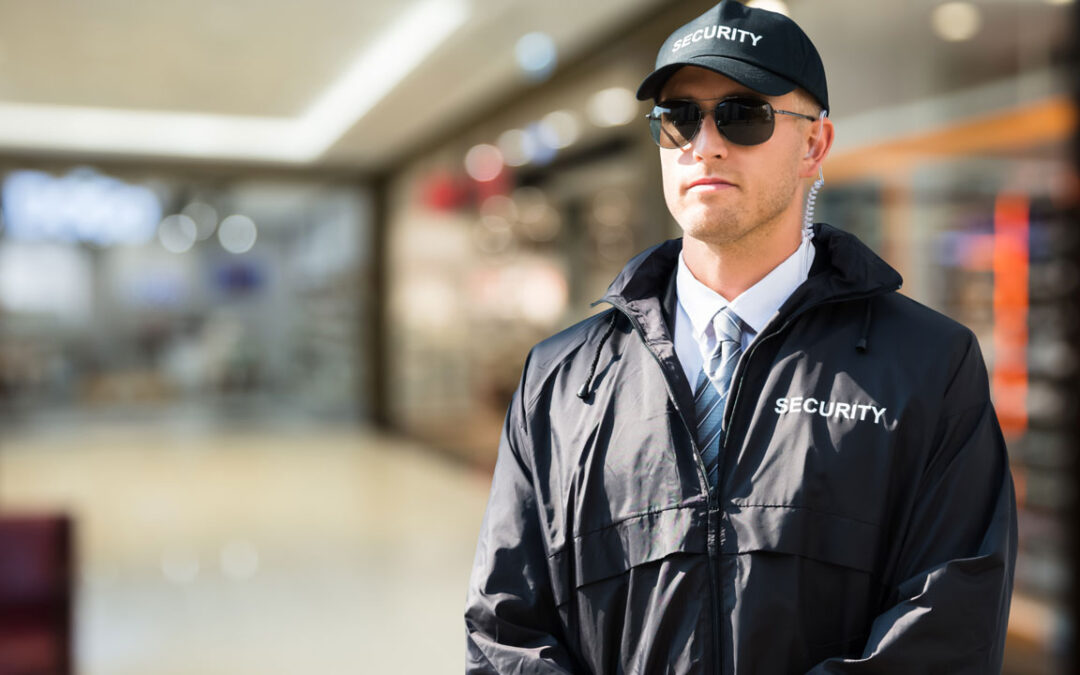As a client, there are certain things you should always ask a security company before hiring them. These questions will help you determine their hiring practices, training standards, and the services they provide.
Questions to Ask Before Hiring a Security Company
Below are the top 5 things every client should ask their security company.
1. How do you vet and background check your security personnel to ensure I receive the best protection?
Security companies should explain what background checks they run on their agents. In the State of California, protection or security agents are required to go through a California Department of Justice Background Check and an FBI background check in order to obtain a security guard card and a firearms permit.
Many security companies in California would think the state-mandated checks are enough. However, a high-quality protection company will still carry out additional background checks to ensure that the hiring individuals are safe and not a liability. For example, further extensive checks are always carried out at the World Protection Group (WPG).
The background checks might have missed something incredibly pertinent, and it is also the company’s responsibility to carry out due diligence to keep its clients safe.
WPG does a complete background check. For instance, this includes looking at a credit score when needed and driving history. You do not want to put someone severely in debt with civil suits around a client’s money and put that temptation before them. Similarly, you do not want to hire someone with a DUI or who has been involved in car accidents to transport a client. Companies should not expose their clients to physical or reputational risk. From a practical point of view, you need to keep insurance costs down, and someone with a bad driving history will drive up insurance costs across the board.
Another critical thing to check for is restraining orders or domestic violence incidents. For instance, Prince Harry and Megan had security personnel with histories of domestic violence, and this was exposed by the media and was a substantial reputational issue.
We also recommend psychological assessments that identify drug and alcohol abuse, post-traumatic stress syndrome, narcissism, mental illness, and many others that disqualify people from being hired to work executive protection.
It’s essential for companies to exercise due diligence when screening potential agents, including reviewing their social media presence. It’s important to identify any red flags, such as posts featuring weapons and guns or radical political messages, as these could lead to potential legal issues if the agent were to use deadly force in the future. In such cases, both the company and the client could be held liable in a lawsuit. Additionally, security agents who post pictures with their clients on social media pose a different kind of danger to their clients security and may come across as unprofessional.
The client can also ask what type of insurance the protection company has. For instance, it would be recommended that they have liability insurance of at least $10 million, workplace compensation, and EPLI insurance in the event of a lawsuit. These policies are crucial in protecting clients and reducing the risks of financial and legal issues for both the client and the company.
In California, if you work in security, you can only be an independent contractor with a private patrol operator license. The security company has to pay overtime and double time, so more than having the PPO is needed. In addition, your insurance would not cover the independent contractor, which presents a serious potential problem.
2. What are your protocols for COVID?
Clients need to understand the executive protection company’s protocols for COVID-19. WPG requires all its personnel to be vaccinated to protect clients. This is not about political beliefs or wanting to impose an agenda; instead, this is about clients’ needs and wants. 99% of clients will require their security personnel to be vaccinated, so it makes sense for any executive protection company to have this requirement.
COVID is still an issue and a concern for clients. Some clients may still want masks to be used indoors or in the car, and this will be complied with. After all, this is the protection business, and keeping the client safe from every type of harm comes with the territory.
Some clients are elderly billionaires who must be kept safe and protected from all threats. It would be disastrous for this client to get infected from one of the agents who is meant to keep them safe. This policy may be criticized, but client needs will always come first.
The executive protection company should discuss this with their client and develop a COVID policy that works for them. This can include having vaccinated agents, having agents wear masks, and even weekly or daily testing.
3. What type of ongoing training do you provide?
Regarding executive protection, the training should never be considered complete. Clients should find out about the agent’s qualifications and what they do to stay sharp and understand the latest trends and tactics in the industry.
Executive Protection Training should be regular and stringent. Agents need to be updated on the latest industry standards and keep their instincts sharp and aware of how to address new kinds of threats. For instance, some companies may want agents to train in other business areas, like intelligence gathering or the latest security systems.
Having thorough and holistic training ensures the highest quality agents.
4. Are you licensed in every state that we need you in?
Clients might not know this, but agents and companies need special licenses in each state and country. Therefore, if clients regularly spend time in other states and want their usual security detail to accompany them, they must ask this question.
Some companies ignore this legal requirement and send agents without the proper licensing. This is a substantial legal threat to the company and the client. It is always a good idea for the client to check where the company is licensed to operate and understand how this may affect their services, such as the need to subcontract with partner companies in other countries.
5. Are you compliant with California labor laws? How do you track it?
Lastly, the client should check with the company to understand the labor laws in California and what this means for their security personnel. These tend to be quite straightforward, such as needing two ten-minute breaks and a half-hour lunch break if it is an eight-hour shift; for a twelve-hour shift, it needs to be three ten-minute breaks and two half-hour lunch breaks.
The protection company will track this by including it in their daily activity reports to ensure compliance with the law.








